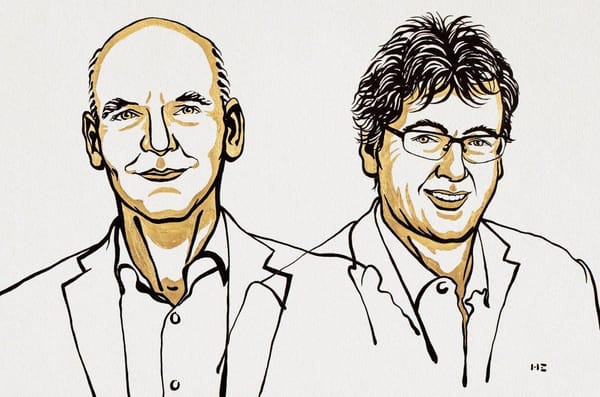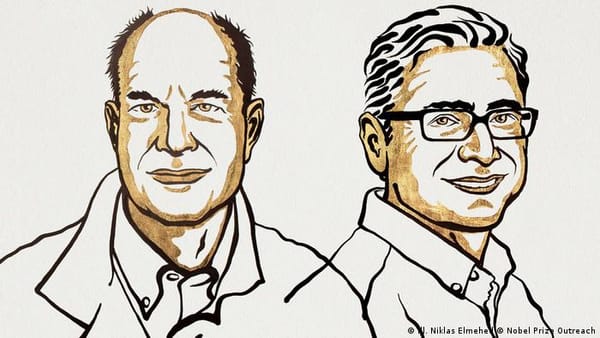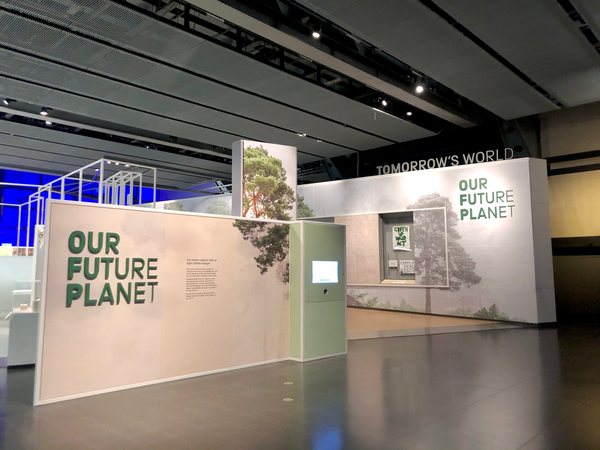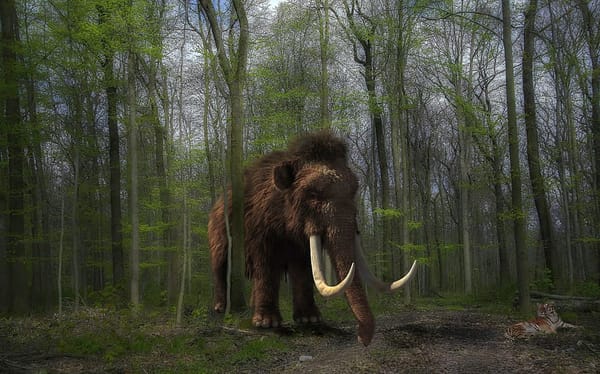
The 2021 Nobel Prize in Chemistry
Felix Science covers the achievements that won scientists the Nobel Prize this year.
Contact: science.felix@imperial.ac.uk

Felix Science covers the achievements that won scientists the Nobel Prize this year.

Felix Science covers the achievements that won scientists the Nobel Prize this year.

A weekly summary of interesting headlines in Science and Technology

A beginner's introduction to AlphaFold, the AI from DeepMind that predicts protein structure. The first article in a longer series about bioinformatics.

Proponents of deep-sea mining argue t provides an environmentally friendly alternative to terrestrial mining. However, others believe that too much is still unknown about the deep sea.

While some may be pleasantly surprised by Shell's involvement in climate change science, this was nothing but another attempt at greenwashing

Colossal, a biotech firm, aims to bring back woolly mammoths by creating an elephant-mammoth hybrid and use it to fight climate change

Tech Editor Sudarshan Sreeram reports on a passion project of Imperial student James Ball, who has repurposed an old oscilloscope

Covid-19, Perseverance, and Climate Change - what we can learn from a global pandemic about public science communication.

This week, scientists confirmed that the brown marmorated stink bug (Halyomorpha halys) has been found in the UK.

New research finds iridium, a rare metal on Earth, to be present at the centre of the Chicxulub crater off the coast of Mexico.

Science contributor Naomi Dinmore answers a tough science question, and takes an in-depth look at how much renewable energy we can access in the UK.